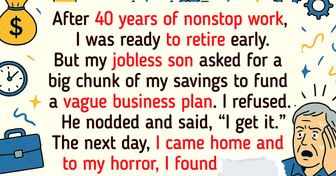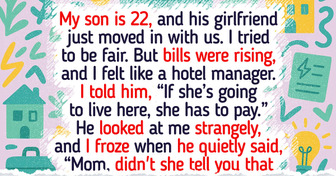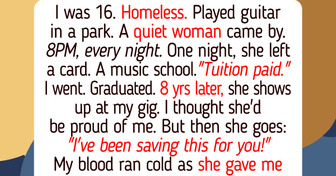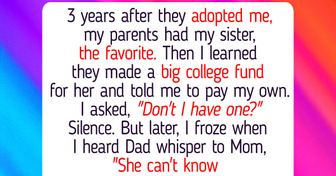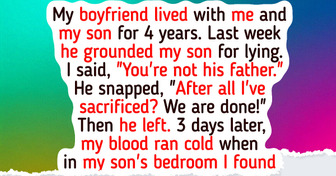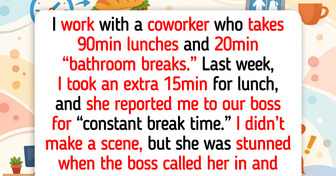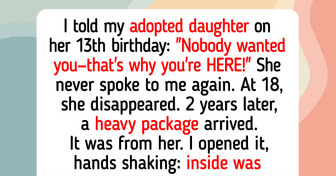My Ex-Husband Chose His New Family Over Our Son—I Gave Him a Lesson He Won’t Forget
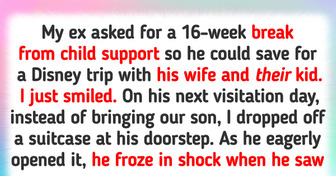
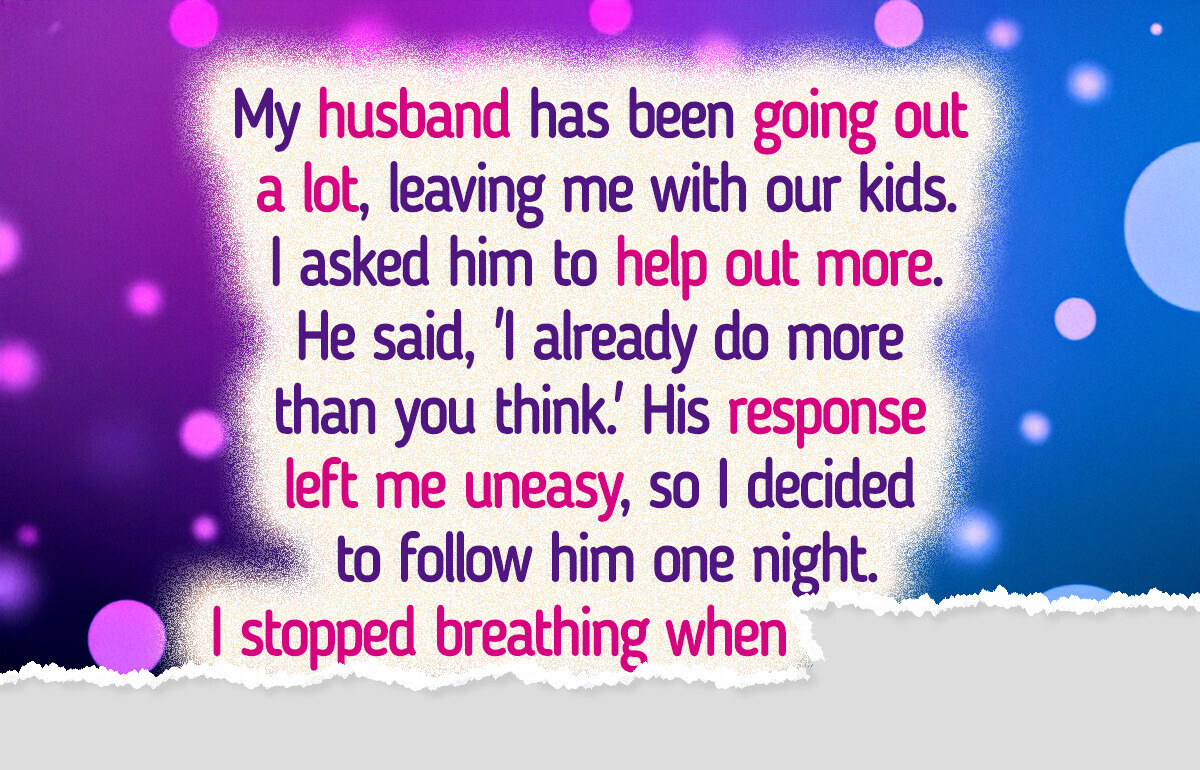
Parenthood is one of life’s greatest joys—but it’s also one of its greatest challenges. Balancing work, household responsibilities, and raising children can test even the strongest partnerships. While many couples enter parenthood with shared hopes and intentions, the reality of day-to-day life often reveals an imbalance in how responsibilities are divided.
My husband has been going out a lot, leaving me with our kids. I asked him to help out more. He said, “I already do more than you think.”
His response left me uneasy, so I decided to follow him one night. I stopped breathing when I saw him walk into an office building.
It wasn’t a bar or a friend’s place—it was clearly work. I confronted him. After a long pause, he finally admitted it: he’d picked up a second job a few months ago: he worked the night shift at an online customer service company a few times a week.
He said the bills were piling up, and his salary wasn’t enough anymore. He hadn’t told me because he didn’t want me to worry or feel guilty.
I felt so many things at once—relief that he wasn’t doing something shady, guilt for doubting him, but also hurt that he didn’t trust me enough to be honest.
We had agreed I’d stay home with the kids until they were older, and I’ve tried my best to honor that. I know taking care of the kids is my job, but I’ve been drowning. I miss feeling like myself. I miss having adult conversations that aren’t about snacks, nap schedules, or tantrums.
Now, I don’t know what to do. Part of me thinks I should go back to work and help relieve some of the pressure. But I also know the chaos that would bring, especially with no family nearby to help.
And he already looks so worn out—I don’t want to add to that. At the same time, I need something for me. If I keep running on empty, I’m scared I’ll break. What should I do?
This is a deeply emotional and complex situation, and your feelings—of guilt, exhaustion, confusion, and love—are all valid. Here are thoughtful, practical pieces of advice that may help you find clarity and a way forward.
Strong social support networks offer major benefits—better health, longer life, and greater well-being. Supportive relationships help us cope with stress and hardship, and they also make life’s joyful moments even richer. You may not have family nearby, but you’re not alone.
Consider joining local parenting groups, online communities, or mom meetups. Even occasional support—like a neighbor watching the kids for an hour—can make a big difference.
Supporting each other’s mental health in a relationship means treating it as a core part of the partnership. It involves being present, truly listening, and offering empathy without judgment when your partner shares their struggles or concerns.
Burnout affects decision-making, relationships, and well-being. Therapy — individual or couples — can be a powerful tool to process emotions, communicate better, and find sustainable solutions.
Parenting is a beautiful, rewarding journey, but let’s be honest, it’s also exhausting. Taking care of yourself helps you show up as the best version of yourself for your children.
You need and deserve time for yourself, even if it’s just 30 minutes a day. Whether it’s reading, walking, journaling, or a hobby, these moments are not selfish—they’re essential to your well-being and resilience.
Healthy relationships thrive on honesty, support, and a willingness to grow together—even through the hard times. Every couple faces challenges, but how we show up for each other makes all the difference. Have you ever faced a moment in your relationship that changed how you saw each other? How did you handle it?


